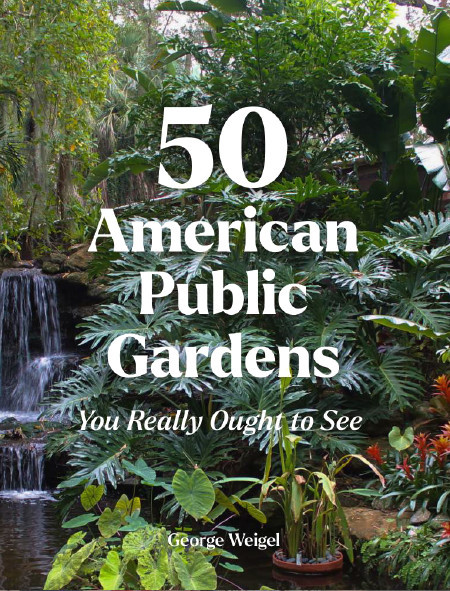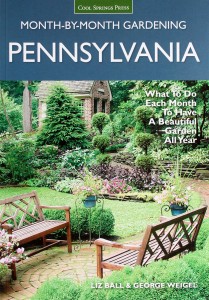The 10 Most Important Things I’ve Learned about Gardening
I’ve been digging and planting and caring for plants for more than 40 years now, and in that time I’ve managed to learn a few things about gardening.

For good or bad, a garden is never done.
I thought I’d share the 10 most important…
1.) A garden is never done. Just about the time you think you have a garden exactly the way you want it, along comes a deer, an ice storm, a new bug, or any of a train-load of issues that can derail everything.
I’ve learned to expect the unexpected, roll with the punches, and look at “re-do’s” as part of the ongoing equation. Besides, if everything were done and perfect, what would we do out there?
2.) Know that plants are going to die. We all kill plants. That’s also part of the equation and will happen for various reasons no matter how much we know or how many “right” things we do.
I’ve come to look at dead plants as a great source of learning to do better next year.
3.) Be patient. Gardening isn’t a good match for those who like instant results.
Plants take time to grow to their prime, and that’s usually measured in years… and in the case of trees, decades.
I’ve learned that gardening is more about the process than the results. When you look at it that way, it’s much more enjoyable.
4.) It’s OK to move things. You can’t plant whatever you like wherever you want. Different plants have different needs, and if you don’t guess right on the first try, move the plant to a happier spot.

Plants like to go for a ride in the wheelbarrow every now and then.
Some of the best gardeners often move plants multiple times until they “get it right.” Better that than let a plant struggle in a slow death spiral.
Think of this as “editing.”
5.) Fix lousy soil. Some people are lucky enough to have good soil that they can just dig and plant in. That’s not been the case in any garden I’ve dug.
Most yards in central Pennsylvania seem to have either a mix of shale and clay or an even worse compacted blend of subsoil and clay that’s the result of grading during home construction.
I’ve found that if you don’t work a couple of inches of compost, decayed leaves, mushroom soil, or other organic into the loosened top 10 or 12 inches, plants generally don’t thrive – and too often die.
6.) If you’re growing vegetables, raised beds and a fence are musts. Veggies do so much better in raised beds with even more organically improved soil. It’s worth the extra expense and work up front.
Animal pests from shy little voles to fearless deer also will come out of the woodwork to feast on your edibles. So you might as well figure on putting up a fence right off the bat, too.
7.) Always water right after planting. Even if there’s a 100-percent chance of rain in the forecast, always soak your new plantings before walking away.
For one thing, Murphy’s Law will chase away the rain whenever you’re counting on it. (News flash: Weather forecasters aren’t always right either.)
For another, watering settles the soil around those new roots and eliminates air pockets. It’s good to make that happen ASAP.
8.) Never let soil bare. Open spaces are invitations to weeds. As a crazed gardener, I like to put plants of my choice in place so there’s no space left for weeds to elbow in.
If you don’t do wall-to-wall plants of choice, at least cover the ground with turfgrass (or similar groundcover) or with mulch.

I don’t see this as a weed. I see it as thousands of future weeds waiting to happen.
9.) Never let a weed go to seed. For any weeds that do manage to come up, yank/chop/kill them so they never produce mature seed. No seed translates into fewer future weeds.
I look at every weed pulled as potentially stopping hundreds of future ones.
10.) Don’t take it all too seriously. Have fun out there. Life has enough trouble outside of the cabbage patch.
Enjoy the fresh air. Be thankful you have the health to wield that hoe. And don’t sweat it if the tomatoes get blight or Japanese beetles are having an orgy on your roses.
Groundhogs, though? We all have to draw a line somewhere…







